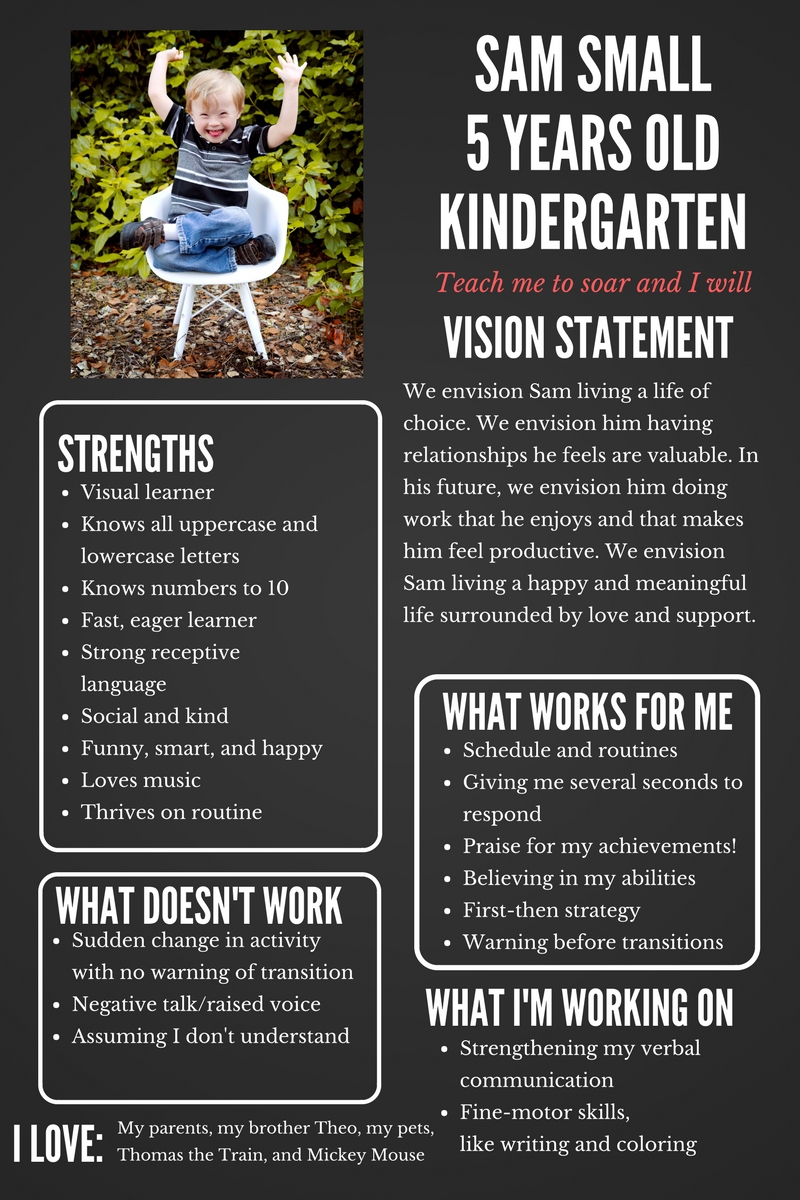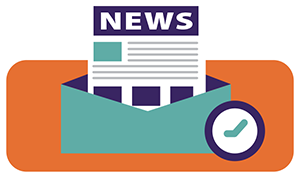DSEA Resources
Recorded Workshops & Webinars
More Information
Recorded workshops and webinars presented through the DSCBA. For upcoming webinars and workshops => CLICK HERE
Mid-Year School Check In
Presented by Teresa Unnerstall
Mid-Year School Check-In Webinar is a practical guide for parents working with the school staff and IEP team when checking in the mid-school year. The content includes specific questions to ask at the midway point regarding the progress of your child. The material will explore effective communication, reviewing the IEP, along with behavior and communication concerns related to having a child with a dual diagnosis of Down syndrome and autism.
Health Care: Frequently overlooked health issues, communication with physicians & current resources.
Presented by Dr. Tracy Trotter at the DSCBA Empowerment Forum 2016
Academic Resources
More Information
Communication for the Team
More Information
The Importance of Home/School Communication – Benefits and tips on effective home-school school communication.
Daily News Log – Track behavior, favorite things, bathroom news, etc.
Daily Assignment Log – Track assignments by subject and track due dates, etc.
School/Home Daily Log – Tell parents the highlights, successes and challenges of the day, etc.
Tips for the Team
•Tips for Including Children with Down Syndrome
•Ten Tips for General Educators – This handout delineates ten quick and easy things that classroom teachers can do to include students with disabilities in the classroom from day one.
•Ten Tips for Paraeducators – In the fast-paced school setting, paraeducators often embark upon classroom duties without the guidance they need. This handout describes simple suggestions for classroom aides to help them promote active participation and the independence of students with disabilities.
•Ten Tips for Special Educators – Collaborate, communicate and promote the participation of diverse students in the classroom. This handout describes simple strategies for learning specialists and special education teachers.
•Ten Tips for Administrators – Share this brief list of suggestions with school administrators and enable the principal or assistant principal to promote the active participation of students with disabilities in the regular education classroom.
•Ten Tips for Therapists – Keep students in the classroom and meet therapeutic objectives. Follow the advice on this tip sheet designed for speech-language pathologists, physical therapists and occupational therapists.
•Ten Tips for Caregivers – This tip sheet offers suggestions to parents and caregivers to help improve their ability to work with professionals and others on the school-based team.
•Ten Tips for Assistive Techies – Follow the commonsense guidelines on this handout and get people to actually use computers and augmentative communication devices in the classroom!
Communication Resources
More Information
Speech and Language on the IEP – Strategies for developing goals
See and Learn Speech- An evidence-based program designed to help children with Down syndrome develop spoken language skills and clearer speech.
Apps for Special Educators – Apps by education-related categories and recommended by special educators
For more information about Augementative Alternative Communication Resources, click here.
Ten Tips for Assistive Techies – Follow the commonsense guidelines on this handout and get people to actually use computers and augmentative communication devices in the classroom!
Low Tech Communication Board Library: Communication boards are a great low-tech AAC tool to quickly improve basic communication. These boards can also be utilized as visual supports to help with comprehension and/or following multi step tasks
The Bridge Newsletter
More Information
The Bridge Newsletters
1st EDITION - Ds Specialist Tips/ Setting the Stage for Friendships
2nd EDITION - Communication
3rd EDITION - IEP Tips
4th EDITION - Summer Is Coming!
5th EDITION - Back to School
6th EDITION - Successful Home & School Communication
7th EDTION - Inclusion
8th EDITION - Vision & Cognition
9th EDITION - IEPs
10th EDITION - Inclusion, Behavior and More
11th EDITION - Strategies, Relationships and Transition
Your New Student
More Information
My Teacher Matters – This motivating piece is great to give out to teachers and providers who are working with children with Down syndrome. It speaks to the positive power and influence that educators can have in working with any child with special needs.
Getting to Know Me – "Getting to Know Me" is a booklet that educators can give to parents when school starts. When filled out, this booklet allows teachers and providers to get to know a bit more about the student than is in a typical IEP. Sections of this book can also provide a platform for introducing the student to his/her classmates, especially if the student doesn't have the communication skills to do so verbally.
Supporting Positive Behavior in Children and Teens with Down Syndrome: The Respond but Don't React Method - Book that examines how the brain of a person with Down syndrome works, how those differences impact behavior, and why bad behavior should not be viewed as a willful act. Governed by this new awareness, parents are in a better position to change and manage their child's behavior using guiding principles.
One Page Personal Profiles – A one-page person centered planning profile is a beneficial tool when introducing your child to new educators. The profile is intended to provide information and tips that might not be provided on an IEP, but are critical to understanding when supporting your child.














